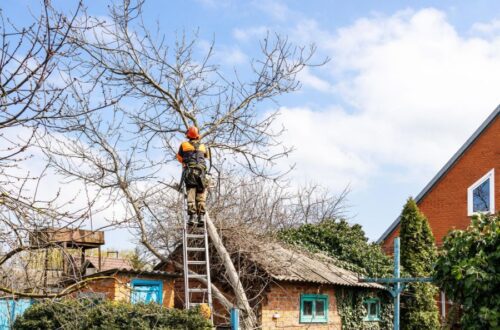What are the Fees Associated with Moving to a New House
When you’re moving to a new house, there can be plenty of costs associated with the process. It’s essential to be aware of these fees to budget accordingly and be prepared for any surprises along the way.

Valuation/Surveyor fees:
A valuation or surveyor fee is required to determine the property value you’re purchasing. The buyer typically pays this fee which can vary depending on the property type and location. For example, a surveyor will charge more for a large mansion than a small apartment in an urban area.
Estate Agent Fees for Moving into a New House:
If you use an estate agent to help with your move, expect to pay them a commission or finder’s fee for their services. Generally speaking, most agents charge between one and three percent of the total cost of your home purchase.
Solicitor/Conveyancer fees:
A solicitor or conveyancer manages all the paperwork involved in transferring ownership of your new home. This can include everything from preparing contracts to researching the property’s title. These fees vary by a solicitor but typically range between $500 and $2,000 depending on the difficulty of the job.
Removal Costs For Moving into a New House:
Removal costs refer to any fees associated with moving your belongings from one location to another. This includes hiring a company to transport furniture or paying someone to help pack up items. Visit iMOVE to get an estimation of different removal companies.
Stamp Duty/Land Tax:
Stamp duty or land tax is a tax that must be paid when purchasing a property. It’s calculated based on the value of the home and varies from state to state. For example, in Victoria, the stamp duty is 2.4% for properties up to $600,000.
Mortgage Establishment Fee:
If you are taking out a mortgage loan to help fund your new house purchase, then expect to pay an establishment fee to cover any administrative costs associated with setting up the loan. This includes closing costs, registration fees, and other lender-specific charges.
Property insurance for Moving into a New House:
Once you move into your home, you’ll need to secure property insurance, as most banks require it if you have taken out a mortgage loan. Property insurance protects you against any unforeseen damages that may occur to your property.
Home Inspection Fees:
Getting a home inspection before purchasing a new property is wise, as this will alert you to any potential problems. The fee for a home inspection will depend on the size and age of your property, so be sure to get a quote before committing to any purchase.
Overall, moving to a new house can come with unique costs that you need to factor into your budget. Knowing these fees in advance will allow you to plan better for your move and ensure that everything runs smoothly. With careful planning and research, moving into a new house shouldn’t break the bank!







2 Comments
Pingback:
Pingback: